The Other Way Around review - teasing Spanish study of a breakup with unexpected depth



Hinds don't believe in God. They declared this as they surveyed the converted church that is St Luke's, and given the past few years you can't blame them for lacking faith.

There are moments that forever remain imprinted in our consciousness, engraved on the general map of our lives. I cannot forget the excitement of seeing snow for the first time in Córdoba, aged three or four, rushing to walk on it only to slip straight away and fall on my behind! Or when I discovered the sea, in Cádiz.

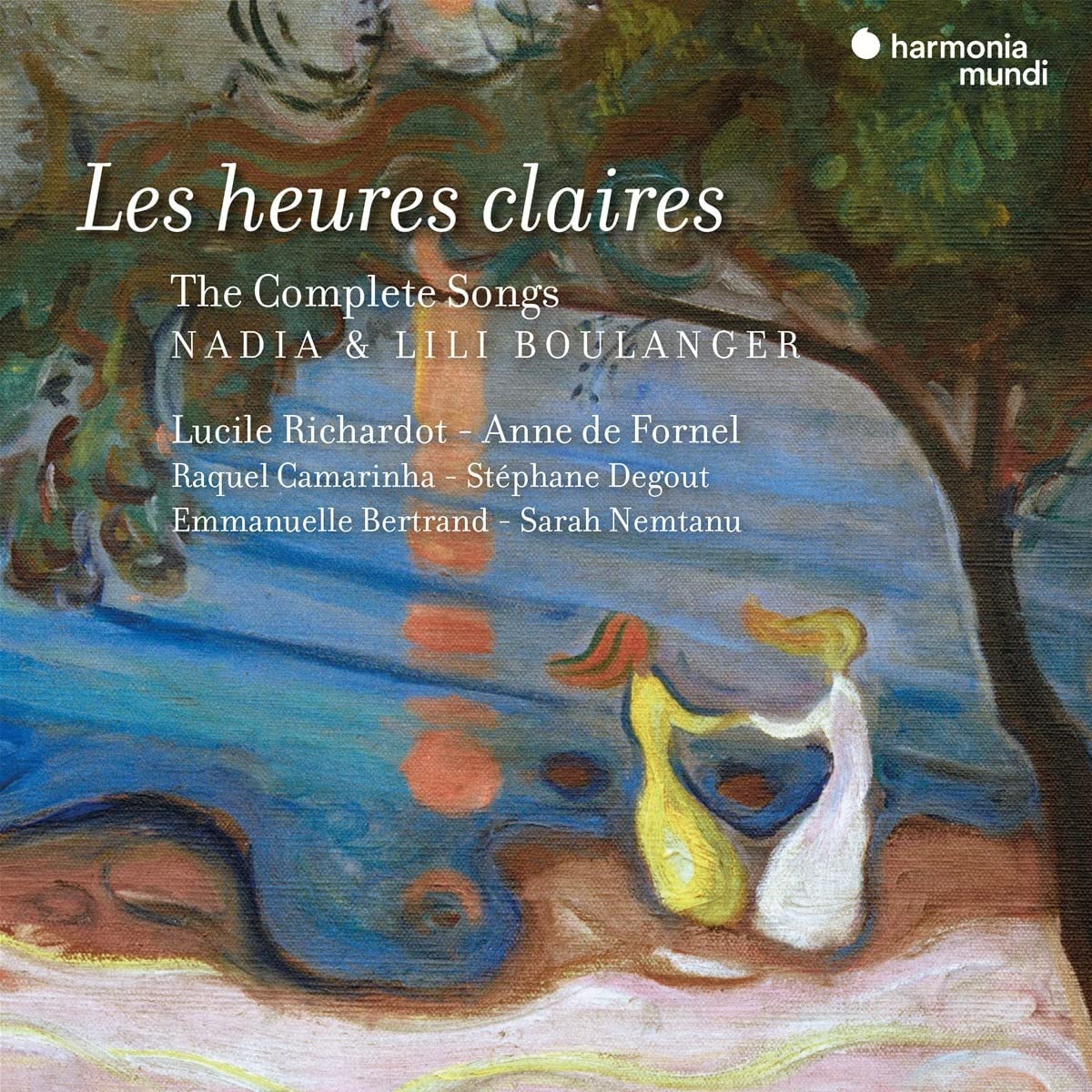 Nadia & Lili Boulanger: Les Heures Claires - The Complete Songs Lucile Richardot (mezzo), Stéphane Degout (baritone), Raquel Camarinha (soprano), Anne de Fornel (piano), Sarah Nemtanu (violin), Emmanuelle Bertrand (cello) (Harmonia Mundi)
Nadia & Lili Boulanger: Les Heures Claires - The Complete Songs Lucile Richardot (mezzo), Stéphane Degout (baritone), Raquel Camarinha (soprano), Anne de Fornel (piano), Sarah Nemtanu (violin), Emmanuelle Bertrand (cello) (Harmonia Mundi)
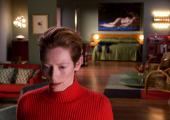
I wonder how many relationships have foundered during lockdown and how many have suffered the humiliation of being dumped over the phone or via social media?
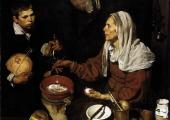
Inevitably, the story begins and (almost) ends with Las Meninas. Inspired by the art and life of Diego Velázquez, Amy Sackville tops and tails her third novel with his endlessly enigmatic group portrait from 1656. It shows the Spanish royal household, their dwarves, a mastiff, a perplexing reflection of the King and Queen in a mirror – and the court painter himself, trapped forever in this nest of “sometimes impossible frames”. The painting ensnares us in a hall of mirrors, a labyrinth of gazes.

"Exhibition on Screen" is a logical extension of the recent phenomenon of screenings of live performances of opera and theatre. Initiated with the Leonardo exhibition of 2012 at London’s National Gallery, this is its third season, and the format remains unchanged: a specific show provides the pretext for a bespoke film that goes beyond the gallery walls.

No doubt this sophisticated bagatelle starring Mark Rylance worked like a charm in the intimate space and woody resonance of the Sam Wanamaker Playhouse.
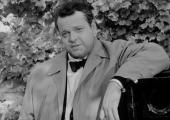
Orson Welles was commissioned by ITV in 1955 to make a 26-part series of travelogues. Always in search of money to fund his independent projects, he was initially enthused by the plan - though predictably he didn’t see it through. Only six episodes were broadcast – none of which stray out of Welles’ favourite European destinations.
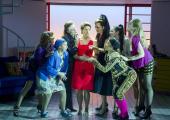
It’s true that there is something wildly, garishly, theatrical about Pedro Almodóvar’s films – none more so than this rampant farce – but it’s equally true that their sensibility is far removed from what the English might deem farce, and that their speed of delivery leaves not a millisecond to draw breath, let alone sing a song. So where does that leave Women on the Verge of a Nervous Breakdown, the Musical? Lost in translation; twice over.